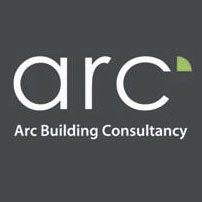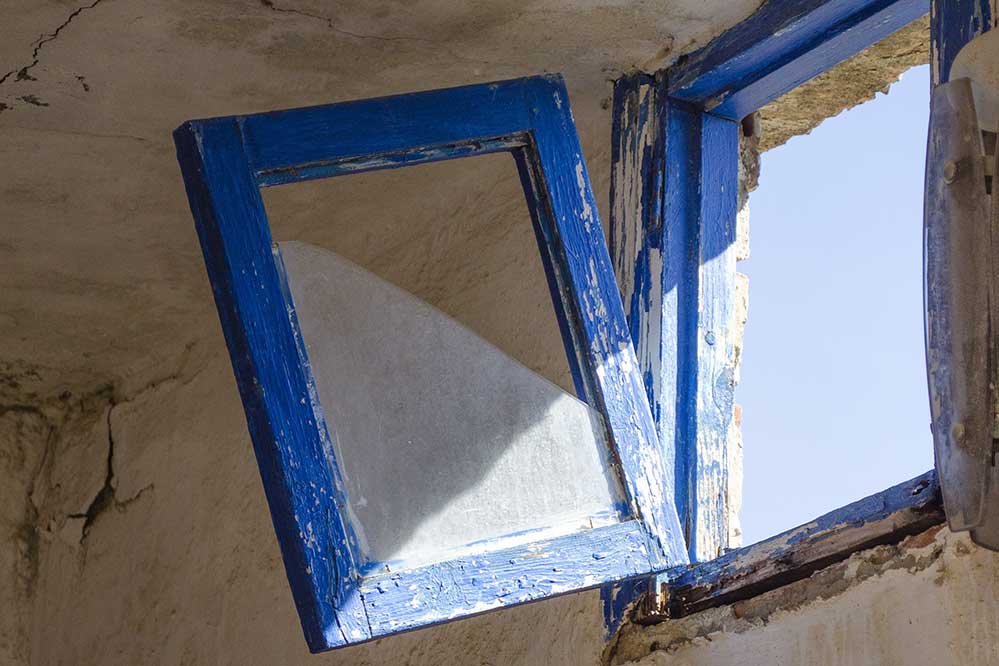The importance of Defect Analysis
It is inevitable for buildings to develop defects through their life cycle, whether these have appeared suddenly or are existing issues that have deteriorated over time.
Safeguarding a building by looking into the causes of defects and finding the best possible solutions to address them is of vital importance, ensuring a building continues to perform as it should in years to come.
What is Defect Analysis?
Also referred to as building pathology, Defect Analysis is a process whereby building consultants examine a building to identify defects and ascertain how serious these are, as well as taking remedial action.
Buildings may stop working properly for a number of reasons, and correctly determining what is causing certain problems is key to finding the right solutions to resolve them.
Defects may be:
- Patent – these can be discovered with inspection
- Latent – these are not immediately apparent and may not be discovered with relevant inspection, such as issues with the building foundations
As well as that, defects may also be classified based on the impact they have, specifically:
- Functional – affecting those occupying the building
- Cosmetic – not affecting those occupying the building but the state of the building itself
- Fundamental – making the building unsafe or in breach of regulations, potentially requiring demolition
Though it may not always be clear what constitutes a defect, or what has caused it, taking a holistic approach that takes into account the multiple factors that could be at play is essential.
Why do defects occur?
There are a range of issues that may cause defects to occur. Each component or material used to construct a building can be subject to different types of failure, meaning that each can lead to its own defects both by itself and in conjunction with others as part of a whole building area.
The causes of defects can include:
- Design, material, or review deficiencies
- Lack of proper maintenance regimes
- Unsuitable repairs being conducted
- Improper use
- Deterioration
- External factors, such as environmental factors
- Unstable structural elements
What are the types of building defects?
Building defects may range from localised, non-structural defects to more serious structural defects that can compromise the structural safety of a building. Building defects can include:
- Rotted mortar
- Cracking to masonry
- Building movement
- Drainage issues
- Corrosion
- Condensation
- Mould growth
- Roof defects (such as structural and coverings failure)
- Dampness or leaks
- Noise problems
- Issues with thermal performance
Who needs Defect Analysis?
Defect Analysis services are useful for both property owners as well as potential buyers in both commercial and residential properties.
Prospective buyers in particular will naturally want to be informed as to the status of the property before the purchase, ensuring they have all the details they need to make the right decision.
Defect Analysis services establish whether existing defects are serious and if they can be resolved easily, as well as giving buyers access to expert recommendations as to how to fix them and prevent them from reoccurring.
Property owners, on the other hand, may have doubts regarding a specific area of a property, whether they have already identified an issue or not, and may want to make sure they have the information they need to conduct proper maintenance or repairs to safeguard the building in the long term.
Ultimately, Defect Analysis can offer both owners and buyers the peace of mind of knowing that their building is safe and in good condition, and may in some cases be more practical than a full building inspection.
There are several risks associated with failing to identify building defects, or failing to find their cause, and without access to this information, effectively looking after a building and extending its lifespan becomes much more complex.
Services involving Defect Analysis can include:
- Defect Analysis Survey
- Concrete and Deleterious Materials
- Curtain Walling, Cladding and Glazing
- Forensic Engineering and Material Failures
- Heritage Conservation
- Structural Appraisal
Practical, cost-effective solutions to building defects
Arc Building Consultancy has a team of chartered building surveyors with a wealth of experience in dealing with building defects and all related areas, providing the services and recommendations you need to effectively protect your building’s health.
No matter your individual circumstances, we can help you find the right service for you. For more information, please contact us today.


